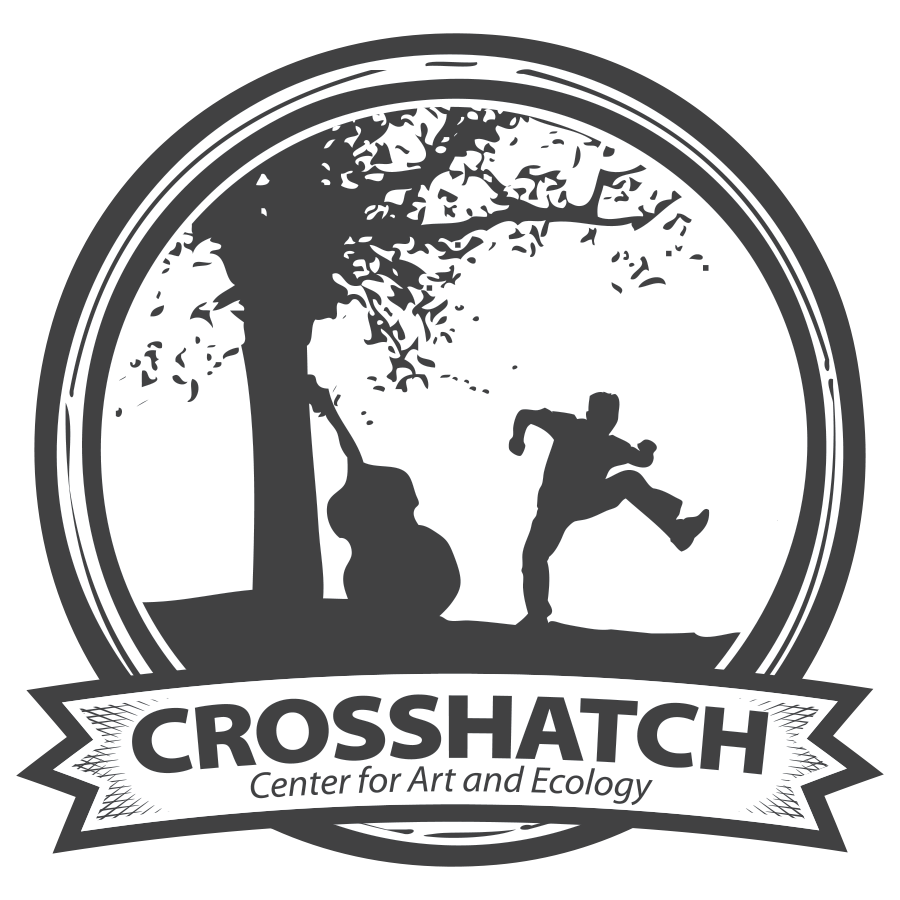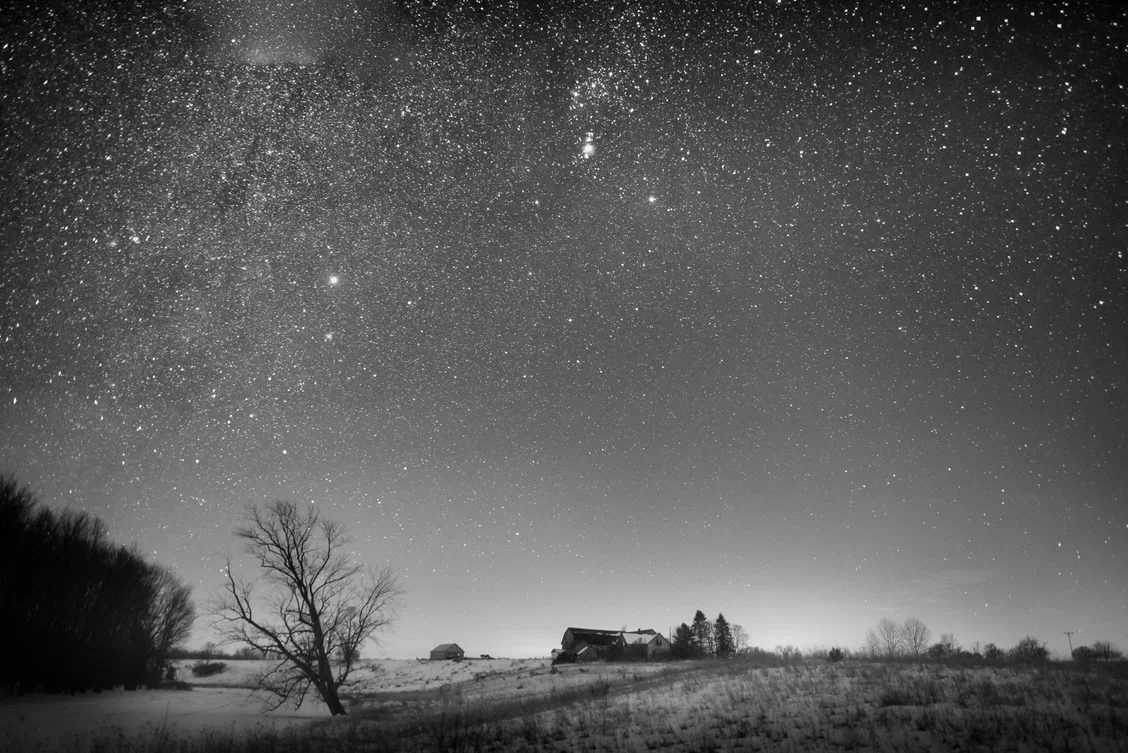“A Farmer’s Hope”
Limited Edition Photograph • James Manning of Two Hoots Studio
In This Issue: Winter Pruning, Thanksgiving, “Enough”, the Growth Economy, and Sacred Profane.
The Heirloom Apple Conservancy: A Virtual Pruning Tour
Curious about winter orchard management? Click the video above to join Pepper Bromelmeier and Mark Randolph for some winter work.
The Warp — Ideas and Inspiration
|| 1 || I remember listening to Howard Zinn audiotapes while vacuuming Yosemite’s Curry Village pavilion as a night cleaner. Some of those lectures emphasized a totally different perspective on Thanksgiving than what I had encountered as a kid. You can’t simply throw Zinn-filled earphones on a child, though, and expect great results. Here’s a brief write-up that offers guidance on age-appropriate sharing on Thanksgiving, courtesy of Dr. Randy Woodley.
|| 2 || At a certain point, we can be thankful. We can say, “Okay, we have enough.” And that “enoughness” frees us up for time with and for others, rather than compulsively punching the clock as an endeavor to make more money to get and do more things. I can’t help but think of the words, “Free us up for joyful obedience,” in the United Methodist communion liturgy.
In this series of writings, Charles Marohn, from the organization Strong Towns, presents a primer on how the economy is predicated upon growth. This imperative towards growth is directly at odds with the “enoughness” mentioned in the last paragraph. Does our model even contemplate a time when we have enough, or, more precisely, a time when our wants are insufficient to create a 3% annual GDP growth rate? Where does that leave us? How do we function within this paradigm? My attempt at an answer: thoughtfully, with gratitude, and with obligation. We’ll have more on those in the future. For now, take heart—there’s a constellation of possibilities within those parameters.
If you’d like to know more about alternatives to the growth economy, it might be a timely moment to research Herman Daly. He was a professor and senior member of the World Bank who pushed against currents, in favor of “steady-state economics.” He passed away about a month ago, at the age of 84.
And if you’re less interested in theory, and more interested in actual accounts, examples and practices, this podcast Daniel Marbury sent my way might be of help. I’ve only caught the beginning so far, but am really looking forward to hearing more about an example of sustainable living on a national scale in Uruguay.
|| 3 || Speaking of when less is better, Sacred Profane is a Maine-based brewery and “tankpub” committed to doing less, but doing less well. Their take is that craft brewers have followed market-trends to a point where buzzwords and hype are cardinal points leading brewers all over the place and quickly, in order to please as many folks as possible at any one time.
Apparently, Sacred Profane is committed to not doing this. They only offer two beers. Well, really it’s only one style—but with a light and dark variation. It’s a model that takes cues from the Czech Republic’s tankovna, and Sacred Profane has spent a lot of time end energy working to replicate the minimalist, visually-and-materially compelling, pouring-technique-obsessed European example. Is this trendy in and of itself, or is it a return to something simpler? Read more here, and make up your own mind.
The Weft — News and Events
|| 1 || The 2023 Food and Farm Microloan Application window is now open. Applications are due February 7th. More information is available here.
|| 2 || Savanna Institute’s Perennial Farm Gathering looks wonderful this year. The three-day virtual conference has sessions ranging from practical techniques for home-scale woody plant propagation, small-business start-up lessons, and long-term agroforestry-based philosophical visioning. Don’t forget yoga in the morning and coffee chats to add some motion and warmth if you’re burnt out on the virtual world. Find more information and sign-up for the December 7th-9th event here.
|| 3 || The Big Soil Health Event, organized by Soil Regen, might be up your alley if you’re interested in larger-scale regenerative agriculture. If so, consider making it to Cedar Falls, Iowa, for the December 5th-6th gathering. The agenda and registration can be found here.
Many thanks to the Michigan Arts & Culture Council and the National Endowment for the Arts for their support of this work.
Copyright (C) 2022 Crosshatch. All rights reserved.









